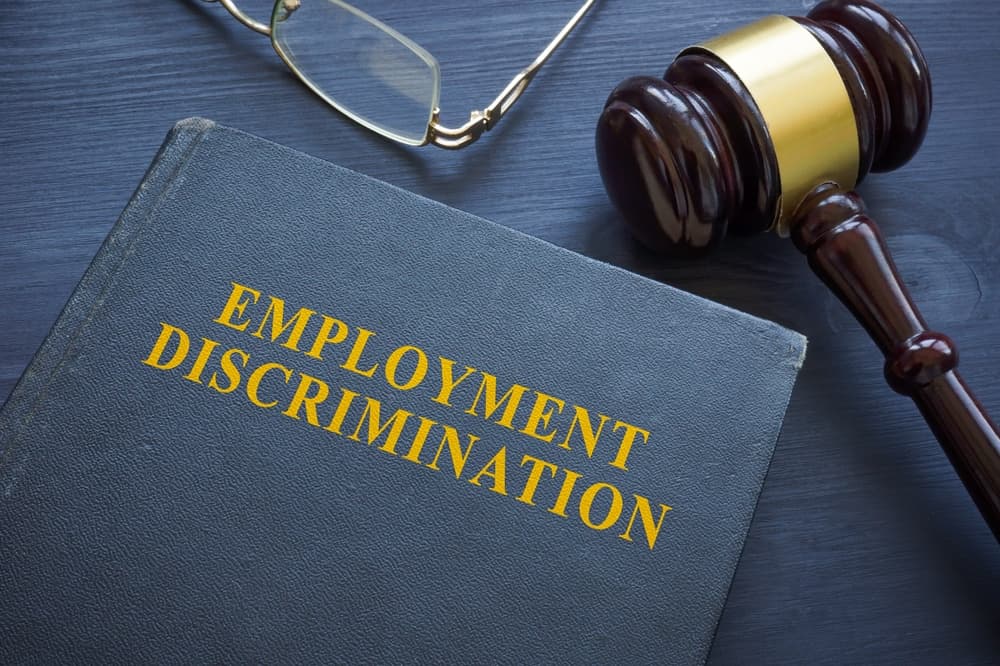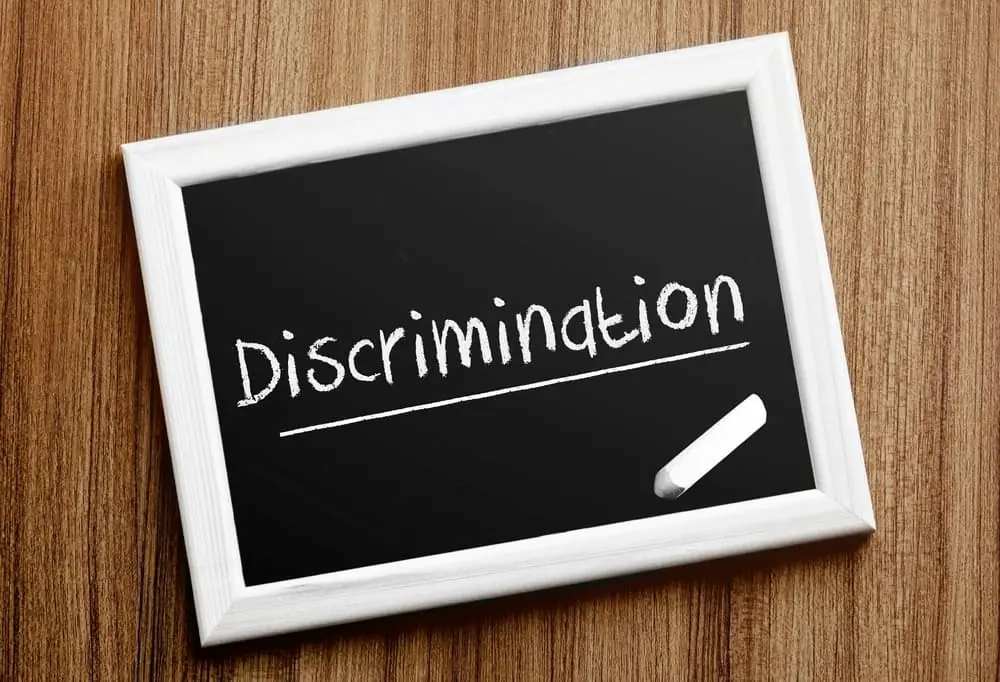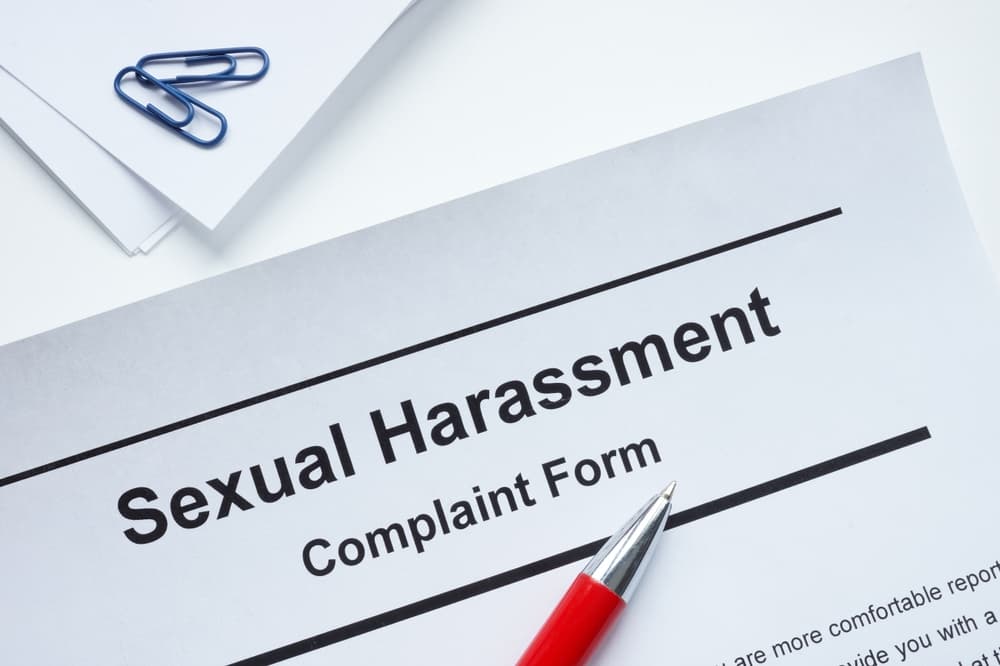
California Continues to Lead the Way on Pay Equity and Transparency
Pay equity isn’t just a legal requirement; it’s a cornerstone of workplace fairness and trust. Achieving true pay equity goes beyond compliance; it demands transparency.

Pay equity isn’t just a legal requirement; it’s a cornerstone of workplace fairness and trust. Achieving true pay equity goes beyond compliance; it demands transparency.

Imagine discovering that someone has posted an explicit photo of you online—without your consent. Or that an AI-generated “deepfake” of your face has been used

Have you ever felt like you were treated differently at work for reasons that seem unfair or hurtful? Maybe you were passed over for a

If you are a disabled worker in California, you need to be aware of your rights and protections. Discrimination against individuals with disabilities in the

Understanding your concerns and fears about potential discrimination in the workplace is important, and it’s disheartening to think that someone can be denied a job

Unfortunately, wage discrimination remains a critical issue in today’s society. Despite advancements in labor laws and increased awareness, many individuals still face unequal pay based

The U.S. Department of Justice (DOJ) has agreed to a historic settlement with a former student of the U.S. Merchant Marine Academy who was sexually

Age discrimination in the workplace is an unfortunate reality that many employees face, especially as they approach retirement age. In California, legal protections are in

Discrimination in the workplace can take many forms, from race and gender to age and disability. However, in today’s politically polarized climate, another type of